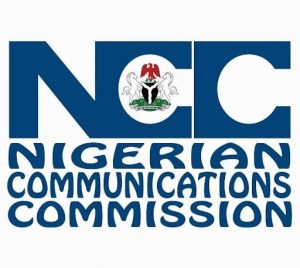Joy Agwunobi
The Nigerian Communications Commission (NCC) has taken a step towards addressing regulatory gaps in the telecommunications sector with the introduction of a licensing framework for Application-to-Person (A2P) Messaging services.
In a virtual stakeholders’ forum held today, the commission engaged industry stakeholders to deliberate on the draft framework, which aims to foster innovation, protect consumers, and ensure fair competition within the telecom ecosystem.
Delivering his address, Aminu Maida, the executive vice chairman (EVC) of the NCC, represented by Chizua Whyte, acting head of legal & regulatory services, highlighted the vital role A2P messaging plays in today’s digital landscape. He emphasised how businesses, government agencies, and other entities rely on A2P messaging to communicate essential information, such as bank alerts, healthcare reminders, and public service updates.
According to Maida, A2P messaging has become an indispensable tool for both businesses and consumers, driving efficiency and supporting socio-economic development.
“A2P messaging ensures timely, secure, and efficient communication, which is crucial in supporting businesses and enhancing public service delivery,” Maida said.
Despite its potential, the A2P messaging ecosystem in Nigeria faces several challenges, including fraud, data privacy concerns, spam, and an unequal distribution of value among stakeholders. According to Maida, these issues have prevented A2P messaging from reaching its full potential in driving growth and innovation. He emphasized that the proposed licensing framework is designed to address these challenges while fostering a fair and transparent environment for all participants.
The forum provided a platform for key industry stakeholders operators, aggregators, and service providers to engage in meaningful discussions about the draft framework. Maida stressed the importance of collaboration and inclusivity in crafting a regulatory approach that benefits all parties involved.
“The NCC is committed to participatory regulation, where feedback and collaboration from all stakeholders are essential in shaping a framework that serves everyone’s interests,” Maida stated.
During the event, the NCC presented stakeholder feedback on the draft framework and addressed their observations and recommendations. The commission reiterated its dedication to continuous collaboration and encouraged stakeholders to actively contribute to refining the framework.
“The Nigerian Communications Commission remains committed to providing a regulatory environment that supports innovation, protects stakeholders, and ensures that our telecommunications sector continues to thrive,” Maida emphasised.
Additionally, the commission said that its engagement with both internal and external stakeholders would continue as it works toward finalising the A2P Messaging Services Licensing Framework, in line with its participatory rule making process.








